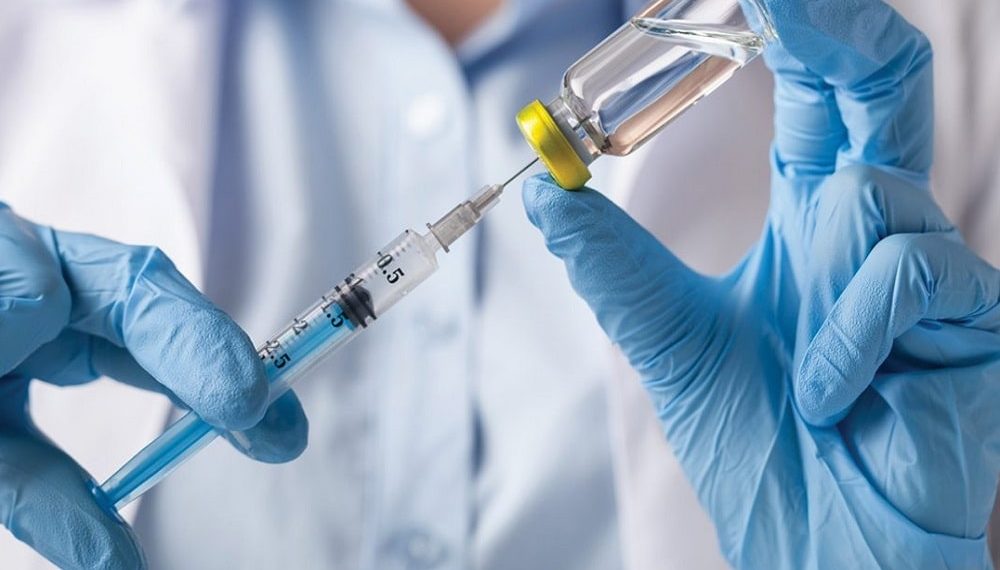As per Amnesty International, both Pharma companies, as well as wealthy states of the world, have failed miserably to ensure that everyone has equal access to vaccines which has left billions without the medicines that can save lives. There were repeat alarms raised by Amnesty International and also WHO, but despite that, only 40% of the people in low as well as middle-income countries have been inoculated by the end of last year. It seems the pharmaceutical companies and wealthy states have time and again continued to ignore the needy’s pleas.
According to Agnes Callamard, who is the Secretary-General at Amnesty International, the entire world has produced 11 billion vaccines, but only 7% of citizens from low-income countries have gone on to receive even a single dose. He asks why is it that the poorer countries aren’t given access to medicines that can save lives while rich nations are sitting on piles of unused stock?
He adds that the popping-up of the Omicron variant should be an eye-opener for the wealthy nations and pharmaceutical giants who have failed to take into consideration the adversities of the pandemic at a global level. Now that the majority chunk of the world’s population is unvaccinated, they stand vulnerable to upcoming variants, and the only way to break this cycle, which has turned vicious, is by making sure that everyone gets vaccinated.
Last year saw world leaders making numerous promises on sharing vaccines, however they have failed to keep those. The mid of 2021 had the G7 summit pledging to share a billion doses by the end of the year, but as per the report, that target hasn’t been met too. US President Joe Biden, as well as Ursula von der Leyen, the EU Commission President, had committed to donating another 900 million doses to low and even lower middle income countries by September of 2022. Though this is indeed a welcome move, yet the poorer nations need the doses at this hour.
Even the pharmaceutical companies have failed to rise to the occasion. Pfizer, which is a US Pharma giant, has gone on to make misleading statements such as the vaccine will be made available to every patient, country, as well community that is looking for access. That said, the company has delivered a large chunk of its vaccines to either high or upper-middle-income countries. Moderna, its rival, which could develop the dose due to the aid given by the US Government, has also prioritized only wealthy nations. It is well to be noted that both the companies have till date delivered not even 1% of the stock to the countries with low income.
All the businesses should have a tilt to respect human rights, and if they discover down the line that they are themselves the cause of abuse, then corrective action must be taken immediately for a path recourse. Through the decisions that have been made, the manufacturers of vaccines have contributed to the harm that billions of people are going through. Agnes Callamard further says that by December 2020, the first-ever COVID-19 vaccine was administered, and about 365 days later, while many wealthy nations have received up to three doses, poorer countries are struggling to get even one. He even said that they expected wealthy states and Pharma giants to succumb to the international pressure, stop hoarding of dosages and share IP rights, but nothing of this sort happened. Callamard only hopes that pharma companies’ new year resolutions would include making good of their promises of ensuring everyone is vaccinated. The fact, according to him, is that now with the new variant spreading thick and fast, several low-income countries are struggling to deal with it since the majority of their population is unvaccinated. Unless stringent action is taken, there is every possibility that the pandemic will wreak havoc for not months, but years. The significant question to be asked now is what if large parts of the globe remains unvaccinated?
Amnesty International had been calling on nations and pharmaceutical companies for quick access to Coronavirus vaccines so that at least 40% of the population from low and lower-middle countries could get inoculated by the end of last year.



















